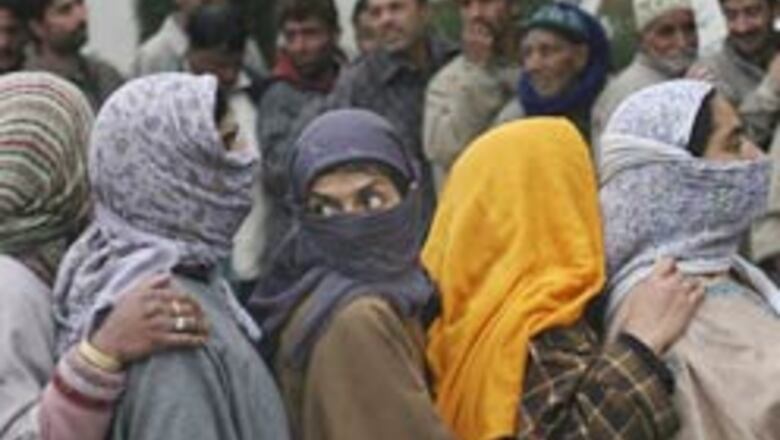
views
Srinagar/Jammu: People in Jammu and Kashmir again defied separatists' boycott call and turned out in large numbers even in Srinagar, the hub of the secessionist movement, for the crucial last phase of elections to the state assembly on Wednesday.
At least 52 percent voting was recorded in 21 constituencies that went to polls Wednesday.
The summer capital Srinagar, which has seen years of bloody violence, recorded the highest voting percentage of 20 in the last 19 years, officials said.
No Srinagar constituency had recorded even 10 percent voting in any election since 1989 when the separatist campaign began. But the story on Wednesday was an absolute contrast.
Srinagar district recorded more than 20 per cent voting, said a poll official, adding the final figure might go up.
A voter outside a polling booth in Srinagar summarised the vying for change of thousands of enthusiastic voters.
"I am voting for the first time and my need is a government job. I have no other consideration and I hope my vote helps the candidate who gets me a job after winning the elections," said Showkat Ahmad, 18. He was standing in a queue outside the Dhobighat polling booth in Hazratbal, Srinagar.
Voting on Wednesday was conducted in eight constituencies of Srinagar and 13 in Jammu and Samba districts.
Jammu, a predominantly Hindu region, saw higher number of voters as compared to Muslim-majority Srinagar. The two Jammu districts recorded an estimated 60 percent polling.
Jammu Divisional Commissioner Sudhanshu Pandey said the polling percentage would go up as data was still being collected from some booths.
People in the troubled Jammu and Kashmir have turned up in large numbers to vote since the exercise began November 17. Each round of the seven-phase elections has registered an average of more than 60 percent, ignoring boycott calls by separatists.
The election results will be declared on December 28. The main contest is between the National Conference, Peoples Democratic Party (PDP), the Congress and the Bharatiya Janata Party (BJP).
The voting on Wednesday in Srinagar got off to a sluggish start and picked up as the day progressed.
PAGE_BREAK
At least 34 per cent voting was recorded in the embattled Sringar's Sonawar constituency, where less than 10 per cent polling was recorded in the last elections in 2002.
In Hazratbal constituency, 27 per cent voters cast their votes. The voting percentage in this constituency in 2002 was a mere 2.12 percent.
Former chief minister and National Conference patron Farooq Abdullah is contesting from Hazratbal and Sonawar constituencies.
The Shia-dominated Zadibal constituency, which saw less than five percent voting in 2002, recorded 16 per cent on Wednesday.
The story was no different in the other five constituencies of Srinagar.
But the tension was palpable in the summer capital with the separatist Hurriyat Conference calling for a total boycott of polls and taking out anti-election marches.
Sporadic clashes broke out between the police and separatists during which some people sustained mild injuries, officials said.
Streets in Srinagar were deserted and there was little movement of vehicles or pedestrians, especially in old city areas.
With 393 contestants in the fray, the final phase saw the highest number of candidates.
In Jammu, while polling began on a slightly dull note on the cold and foggy morning, voters in the 13 constituencies came out in huge numbers as the day progressed.
Former chief minister Ghulam Nabi Azad of the Congress was among the first to cast his vote in the Jammu East constituency.
He said: "I am confident that the Congress will form the next government in Jammu and Kashmir on its own."
Security was tight after the arrest of three terrorists of the Jaish-e-Mohammad (JeM), who police said were planning a suicide attack in the winter capital. But that did not deter voters from coming out.
In Jammu city, the atmosphere was festive. Voters turned up in their festive best to take advantage of the holiday that the government had declared.
PAGE_BREAK
In the border areas of the region as well, people came out in large numbers to vote for "peace" at a time when tension has escalated between India and Pakistan over Mumbai terror strikes of last month.
Long queues began forming from early in the morning at many villages in the Ranbir Singhpora, Samba and Suchetgarh and Akhnoor sectors - covering a stretch of over 80 km of the 198 km international border with Pakistan.
"We do want strong action against terrorists, but that should not be at our cost," Ujjagar Singh, a resident of the border village of Satrian, told IANS.
Said Madan Lal of Saler village: "Our vote should help people understand the importance of peace on our borders. Catch terrorists, hang them, but don't cause tensions on borders. Wars have not brought any solution."












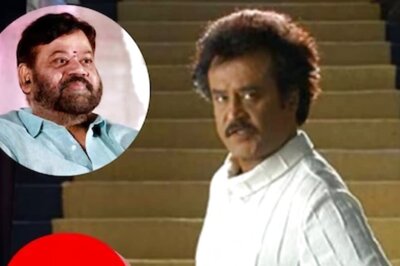

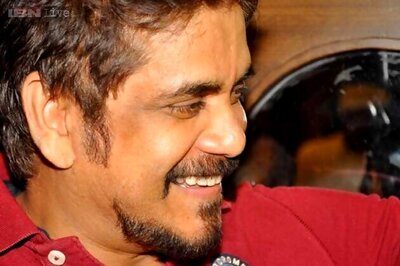
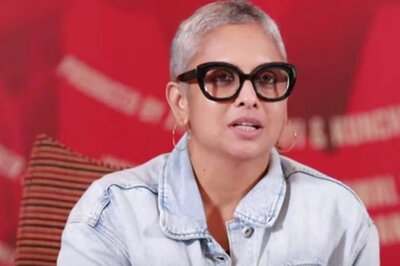
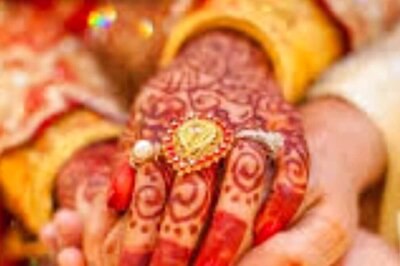
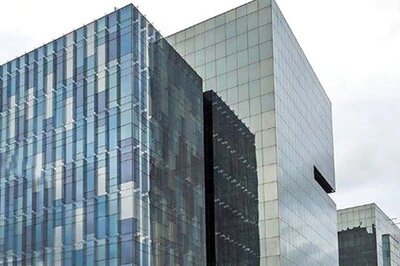


Comments
0 comment